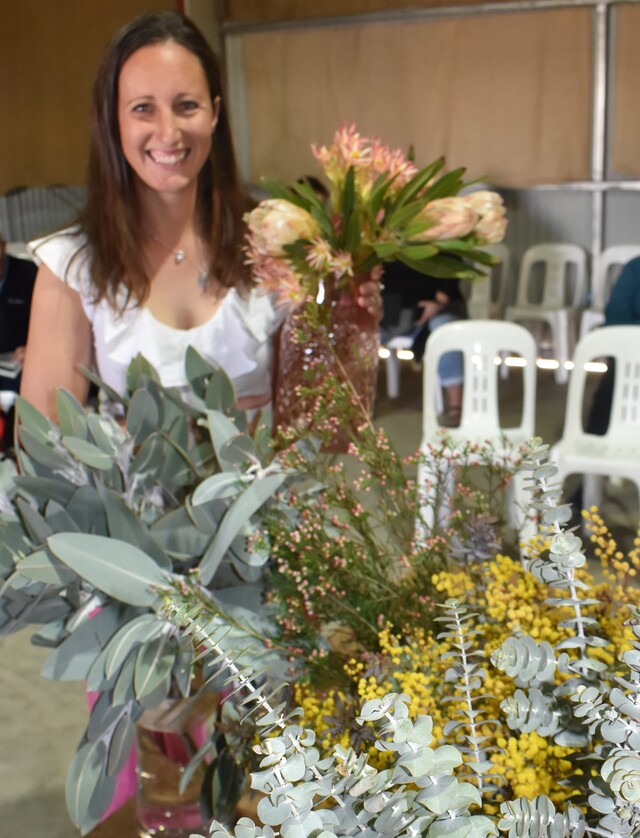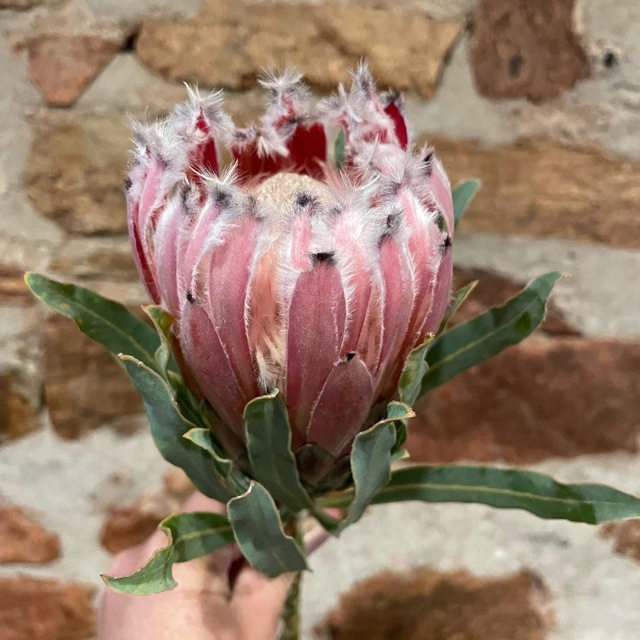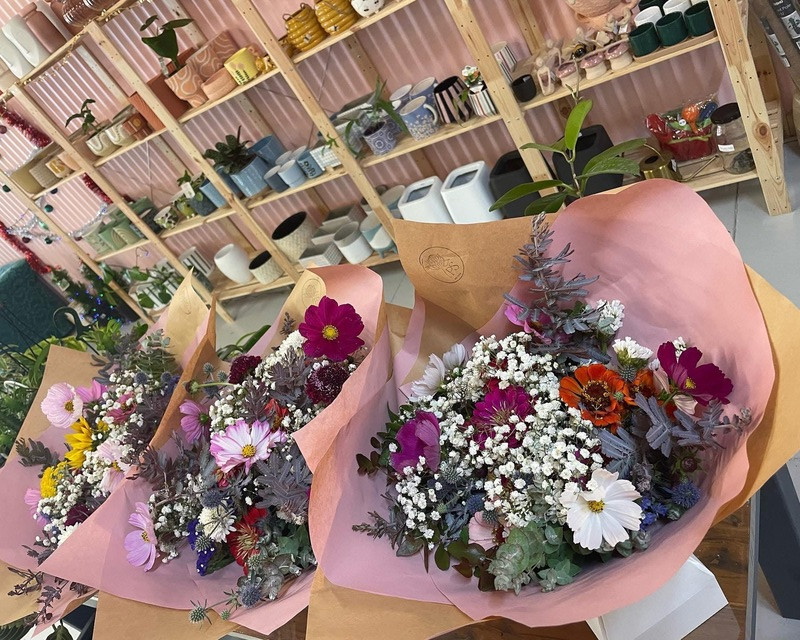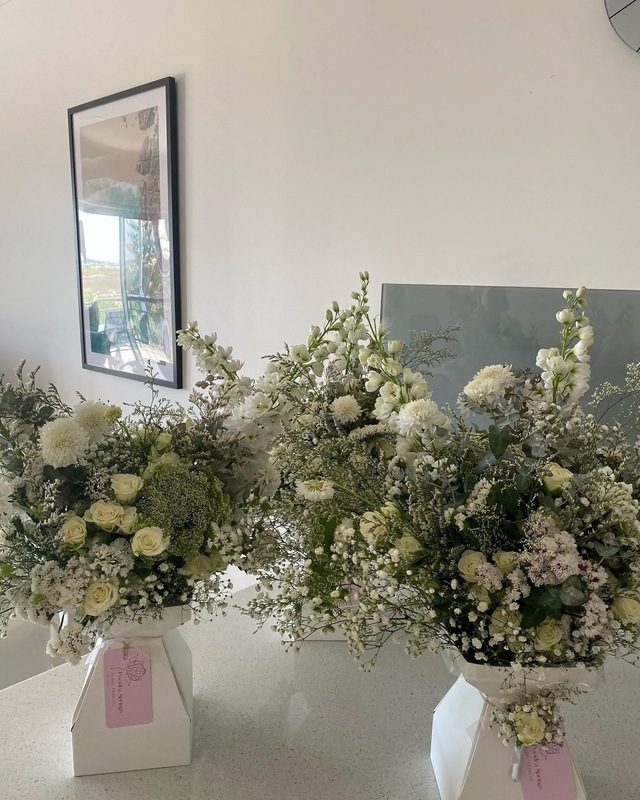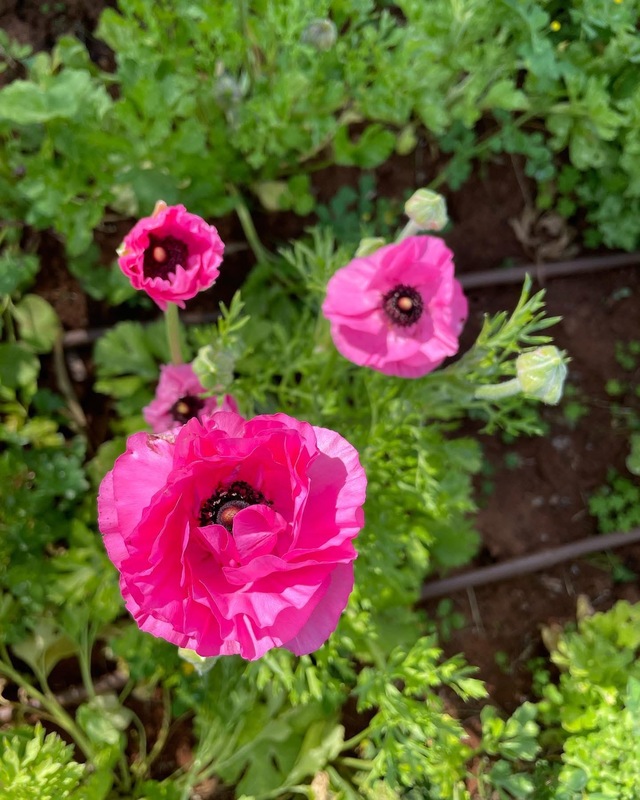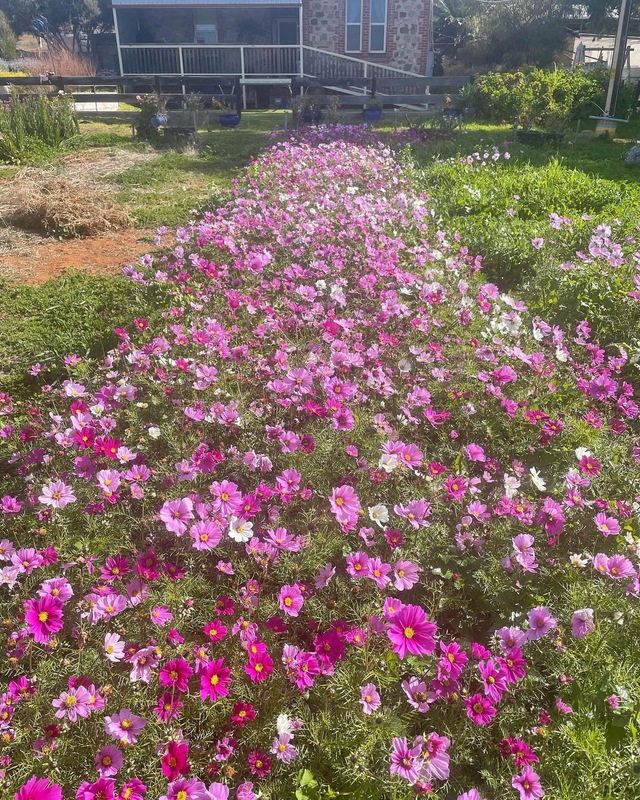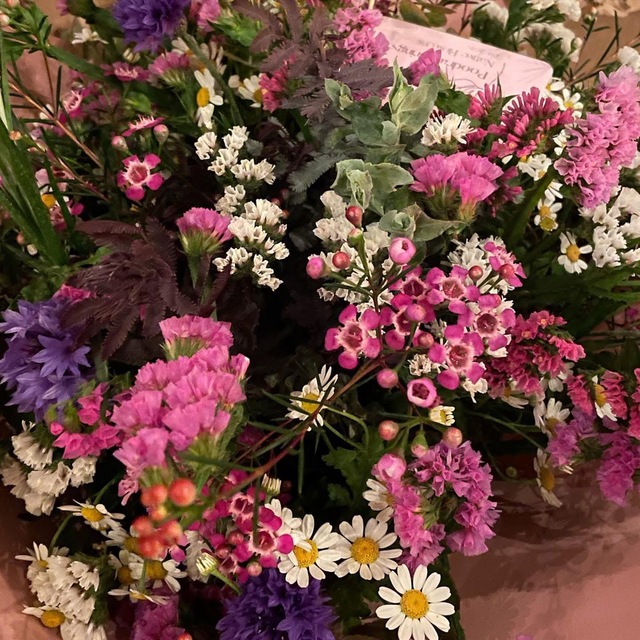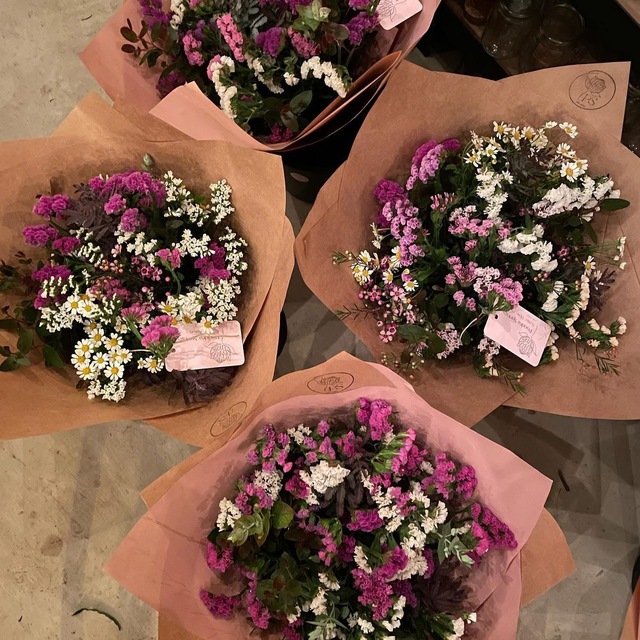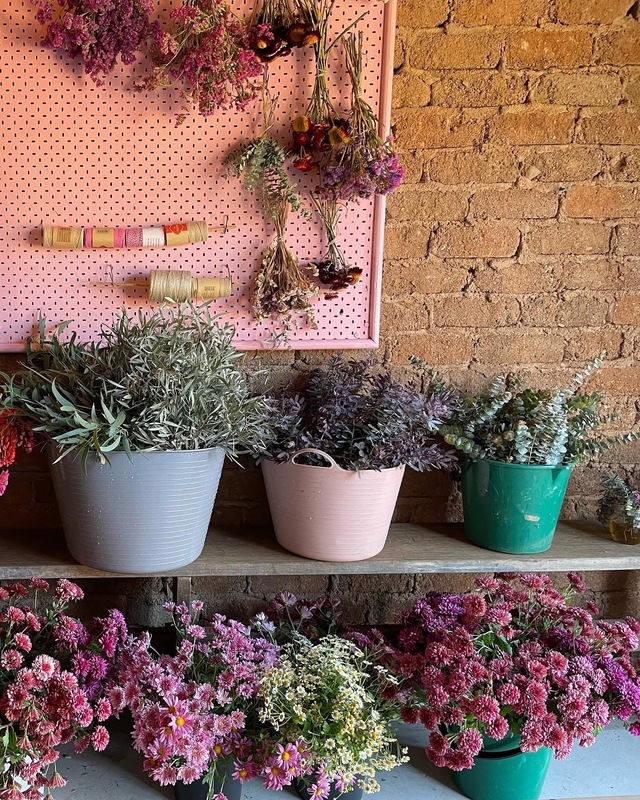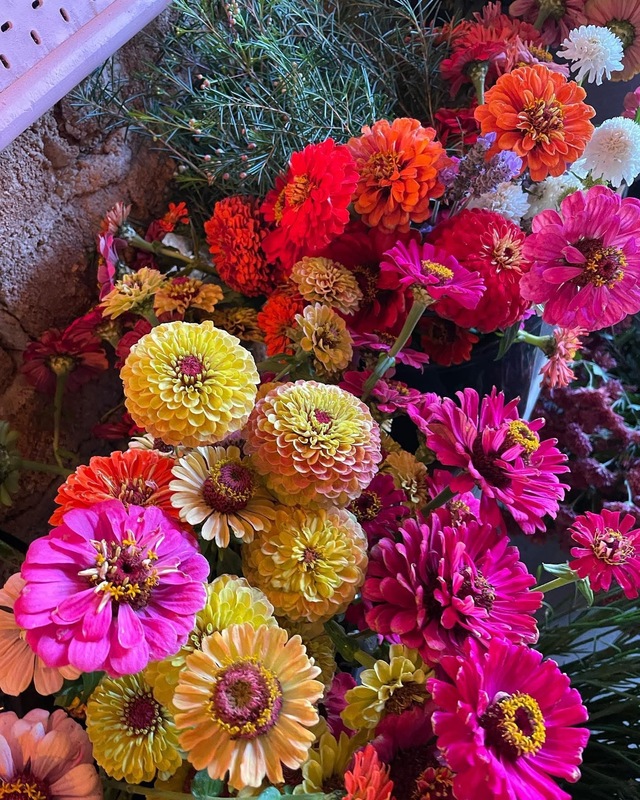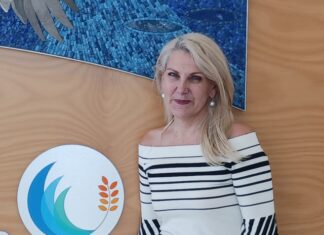What was once a bare patch that is now flourishing with native flowers, Jasmin Piggott’s colourful Poodra Springs Native Flowers continues to prosper.
The Eyre Peninsula district was in the grip of a drought in 2018 – as were many other areas of South Australia.
Jasmin Piggott was sick of looking out the window of her and husband Wayne’s Miltalie farm house at onion weed and dry, bare paddocks.
Knowing the Poodra Springs dams had dried up, and without mains water connected – she dreamed of growing flowers.
Some would have thought that was crazy but today she runs Poodra Springs Native Flowers – a commercial flower farm and floristry business.
Initially, Jasmin researched the costs, infrastructure and suppliers she needed in order to grow cut flowers for sale.
The mallee had done well during the drought, so she believed native plants would be the answer.
However, after the drought they connected to mains water to ensure the necessary reliable water supply.
Then Covid hit, dampening her plans, but it did not stop her and their children Chase and Bella making a start with a little cut flower garden of annuals next to the house in 2020.
Jasmin’s favourite flower is the protea, so despite hearing a lot of people in the Cowell district saying they needed a certain soil type to thrive, she planted one in her home garden.
The first section of 30 rows – 30 metres long – was marked out; the length chosen because that was the length the irrigation pipe and weed matting came in.
Wayne deep ripped the area and Jasmin and the children did the marking out and rolling out of the weed matting and irrigation hose, plus placing every dripper by hand.
She ordered tubestock of varieties of proteas, leucadendron, Cootamundra wattle, Geraldton wax and eucalypts.
Fast forward to the June long weekend in 2021 and despite not having much rain for the year to date, it was full on planting the tubestock, with the help of family and friends.
Relying on a gravity feed water supply meant not going overboard with the number of trees planted at first.
They planted every two metres and put tree guards around each tree.
It was a case of doing the research and learning from experience, with tree guards no longer used, as Jasmin said they found them blown into every paddock on the farm.
Likewise, she soon learned that using weed matting meant that she could not mow right up to the trees.
The trees had weeds growing right up to them, which needed to be removed by hand – backbreaking work on the scale of their tree farm.
Jasmin knew she would not get to pick much in the way of either flowers or foliage from her trees in the first three to five years.
That led to her planting a cutting garden of both autumn and spring flowering annuals, with cosmos, zinnia, dahlia and statice.
In 2021 Jasmin won an $8000 sustainable agricultural scholarship and used it as a study tour for herself and the family.
The Piggotts did not just look at flower growing but at other farms that had diversified and how they were using any byproducts they produced.
Jurlique Farm’s botanicals in the Adelaide Hills, different gin distillers, a chicken farm and an organic winery that was making its own compost, were among the many places they learned from – visiting two or three places every day for 10 days – all within South Australia.
Jasmin said when it came to selling flowers “it was a very small affair”, creating a flower studio to arrange flowers in and dry some foliage and flowers.
They also built a small greenhouse to start seeds and grow small plants before planting out.
“I then started selling some of my flowers in the local shops,” Jasmin said.
“The real idea was to sell wholesale to Eyre Peninsula florists. I don’t have the flowers to do that at the moment – but maybe in five or 10 years down the track I will.
“I really started enjoying bunching and arranging flowers.”
Jasmin was surprised at the number of people wanting to come and visit them, and did allow some groups, plus a few functions, including the wedding of friends.
However, going forward now she has put that side of the business on hold.
It has not been an easy journey for Jasmin and her family to get this far – when they were away for a week in January 400 sheep and lambs got into the flower paddock.
Sadly she found sheep “really like proteas” and the trees got a severe pruning.
“I didn’t think sheep would eat eucalypts. I thought [the trees] would come back – some did and some didn’t.
“We ended up getting rid of the sheep.”
Unfortunately, the damage caused set the native trees back 18 months.
However, she has still had to cope with rabbits and kangaroos.
Jasmin continues to live and learn and to speak to others in related industries to run her business in a sustainable manner.
She found one variety of banksia would not grow on her farm at all, but other varieties of it did.
The Piggotts have tried different approaches to managing pests and bugs, after “one eucalypt was stripped back to almost nothing”.
“We try not to use sprays but we are not organic,” she said.
Jasmin said back before she and Wayne bought the farm there was once a fruit tree orchard where her native tree farm is now.
“We try to pay homage to the history of the place and we are hoping to leave it in a better state for our kids and their kids.”

